By Dan Levine (credit to: http://in.reuters.com/article/2013/11/10/ncaa-tv-lawsuit-idINL2N0IV06G20131110)
Nov 9 (Reuters) - A lawsuit brought by college athletes seeking television and videogame revenue can move forward, a U.S. judge has ruled, in a case that seeks to reshape traditional notions of sports amateurism in the United States.
In a decision on Friday, U.S. District Judge Claudia Wilken in Oakland, California, ruled that a group of players could sue the National Collegiate Athletic Association as a class action, in an effort to change rules that bar athletes from earning money on their images. However, she also ruled that athletes could not seek money damages for financial losses they suffered in the past.
The lawsuit takes on the highly lucrative business of college athletics, where universities reap billions of dollars from men’s football and basketball, but players are not allowed to profit.
Filed in 2009, the case seeks to create a new system where broadcasting and videogame revenue would go into a fund. Players would not get a cut of it while they were actively playing, but they would get money after they were no longer NCAA-eligible, said Sathya Gosselin, an attorney for the athletes.
“The NCAA has long decried this litigation as threatening college sports as we know it, when in fact the relief sought here is narrow,” Gosselin said.
NCAA chief legal officer Don Remy said the NCAA was pleased that Wilken removed damages from the case.
“We have long maintained that the plaintiffs in this matter are wrong on the facts and wrong on the law,” Remy said in an email. “This ruling is one step closer to validating that position.”
Over 20 current and former athletes sued the NCAA, alleging that it violated federal antitrust law by conspiring with videogame maker Electronic Arts Inc and the NCAA’s licensing arm to restrain competition in the market for the commercial use of the players’ names, images, and likenesses.
The athletes also had originally sued EA, which recently settled.
The NCAA had argued that the lawsuit should not be certified as a class action because some stars would earn much more than other athletes, thus setting up a conflict of interest. The law requires that class action plaintiffs should adequately represent the entire group without conflicts.
Wilken rejected that argument, writing that the players sought group licensing rights. “This distinction is important because it renders irrelevant any differences in the value of each class member’s individual publicity rights,” Wilken wrote.
However, she found that for purposes of damages, the plaintiffs had not come up with a manageable way to figure out which individual players had actually been harmed by the NCAA’s policies.
The NCAA could attempt to appeal Wilken’s ruling.
The case in U.S. District Court, Northern District of California is In Re NCAA Student-Athlete Name & Likeness Licensing Litigation, 09-1967.
Like this:
Like Loading...


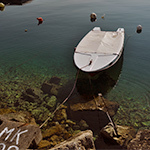





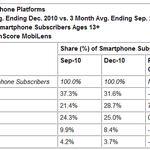


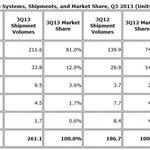

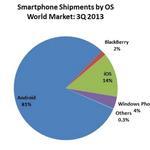
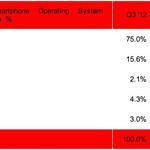








Recent Comments